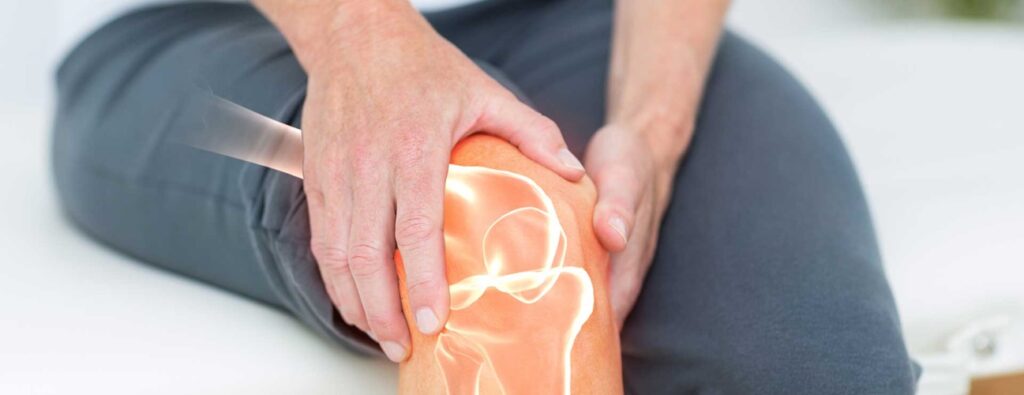Knee pain can be a relentless companion, restricting mobility and diminishing the quality of life for millions of individuals around the world. Whether caused by injury, arthritis, or other underlying conditions, the discomfort associated with knee pain can be overwhelming. Fortunately, there are a variety of effective reliefs techniques that can help alleviate the agony and promote better joint health. One of the fundamental approaches to managing knee pain is through targeted exercises that strengthen the muscles surrounding the knee joint. Physical therapy programs tailored to individual needs can improve flexibility and reduce the strain on the knee, offering relief over time. Incorporating low-impact activities like swimming or cycling into one’s routine can also enhance joint function without exacerbating pain. These exercises not only contribute to overall joint health but can also aid in weight management, a crucial factor in alleviating knee pain since excess weight places additional stress on the joints. In addition to exercises, adopting a healthy lifestyle can significantly impact knee pain.

Maintaining a balanced diet rich in anti-inflammatory foods, such as fatty fish, fruits, and vegetables, can help reduce inflammation in the joints. Adequate hydration is equally important, as it supports joint lubrication and overall cellular function. Moreover, avoiding excessive consumption of processed foods and refined sugars can contribute to weight management and minimize inflammation, thereby mitigating knee pain. For immediate relief, individuals experiencing knee pain can turn to various home remedies and self-care techniques. Applying ice packs to the affected area can help reduce swelling and numb pain. Conversely, heat therapy, such as warm compresses or hot baths, can alleviate stiffness and promote blood circulation in Aggresivo Knee Pain. Over-the-counter pain relievers and topical creams containing anti-inflammatory ingredients can provide temporary relief, although it is essential to consult with a healthcare professional before using them regularly. For those seeking alternative approaches, complementary therapies like acupuncture and yoga have shown promise in managing knee pain. Acupuncture, an ancient Chinese practice, involves the insertion of thin needles into specific points on the body to stimulate energy flow and alleviate pain.
Yoga, on the other hand, focuses on gentle stretching, balance, and relaxation, promoting joint flexibility and overall well-being. These holistic approaches can offer relief for some individuals and may be worth exploring alongside conventional treatments. In cases of persistent or severe knee pain, consulting with a healthcare professional is crucial for accurate diagnosis and tailored treatment plans. Orthopedic specialists may recommend more advanced interventions, including physical therapy, corticosteroid injections, or even surgical procedures in extreme cases. In conclusion, knee pain can be a formidable adversary, but with a multifaceted approach that includes exercise, lifestyle adjustments, home remedies, and complementary therapies, effective relief is within reach. By incorporating these techniques into a comprehensive strategy, individuals can unleash themselves from the shackles of knee pain, reclaiming an active and pain-free life.